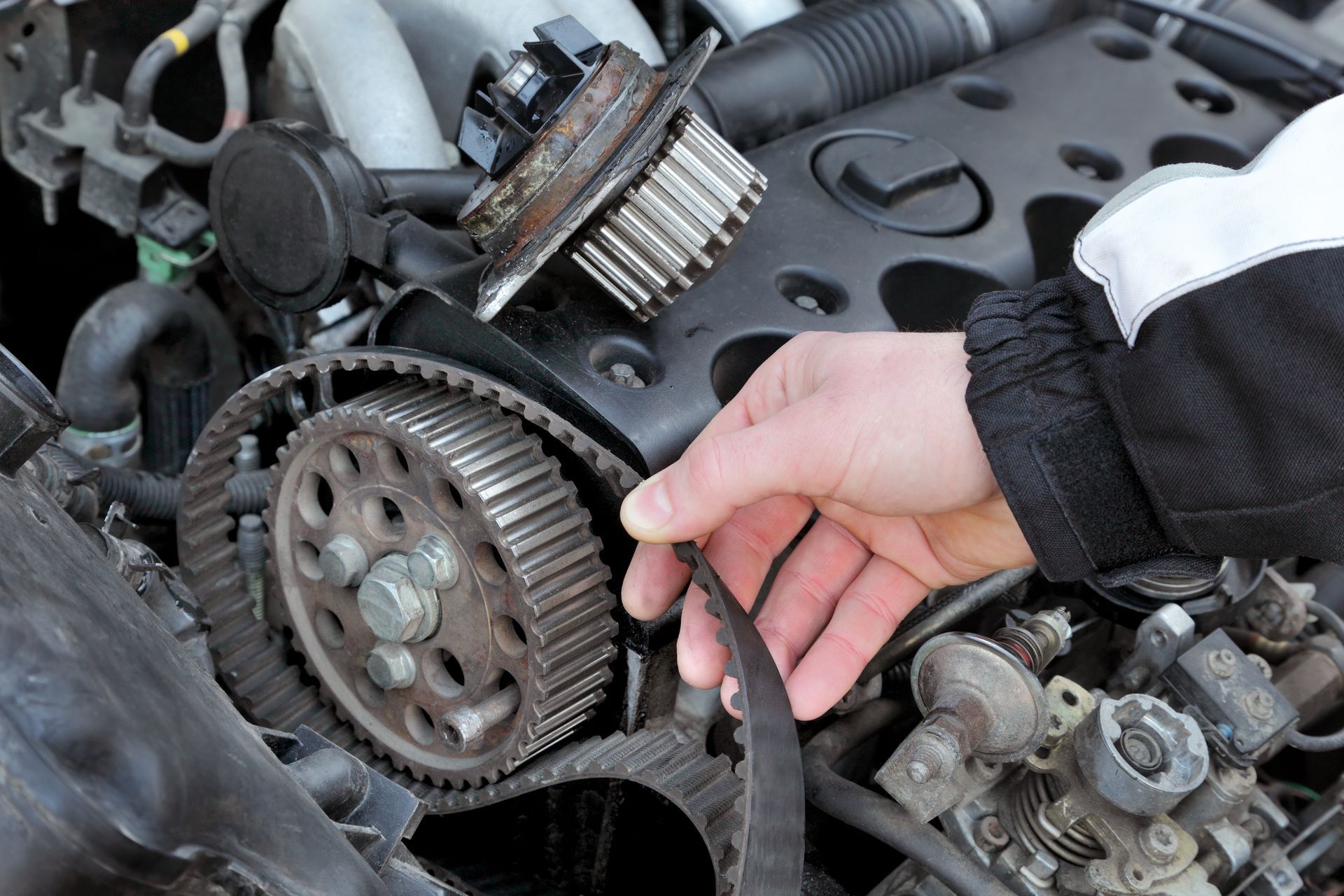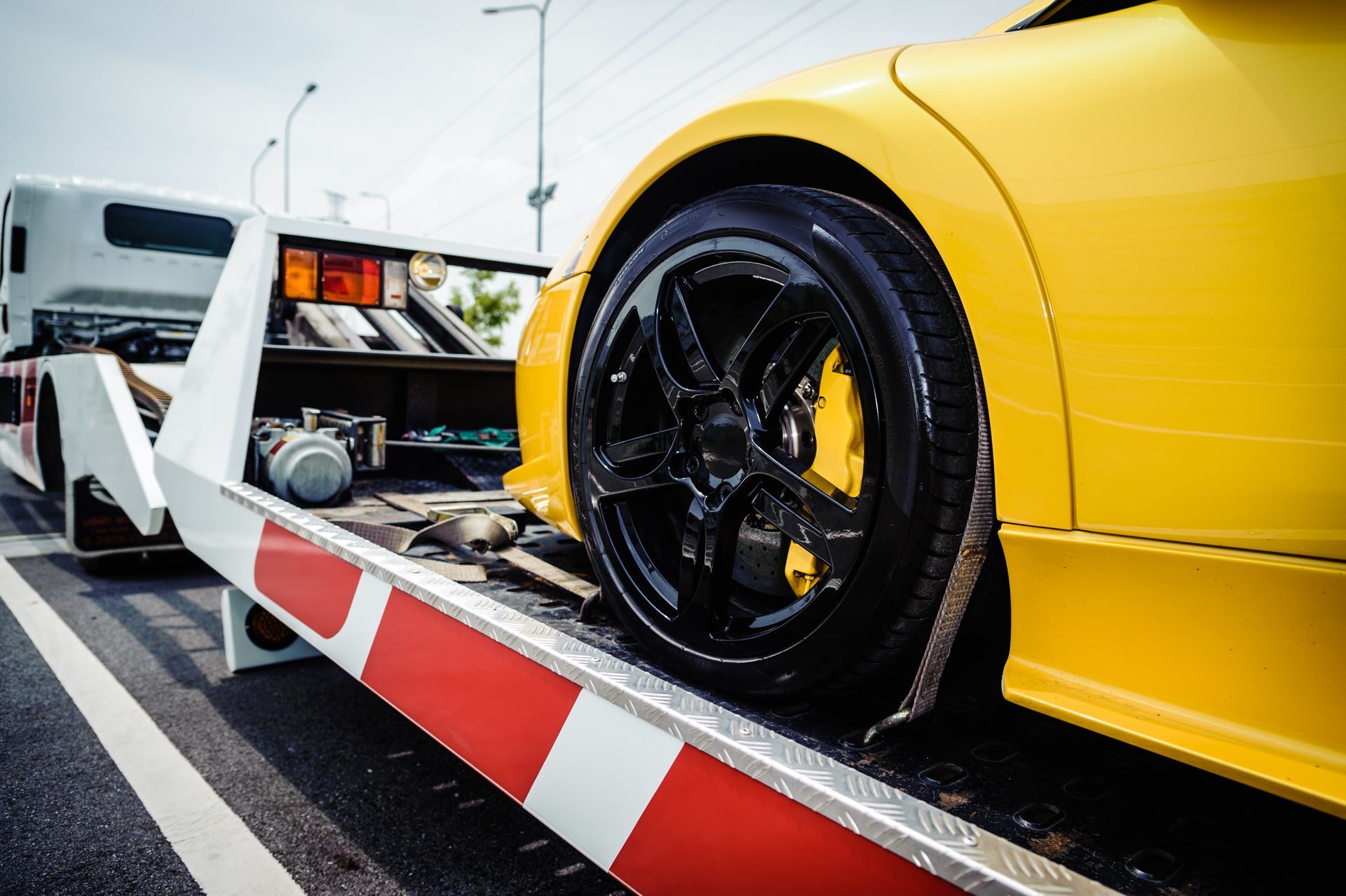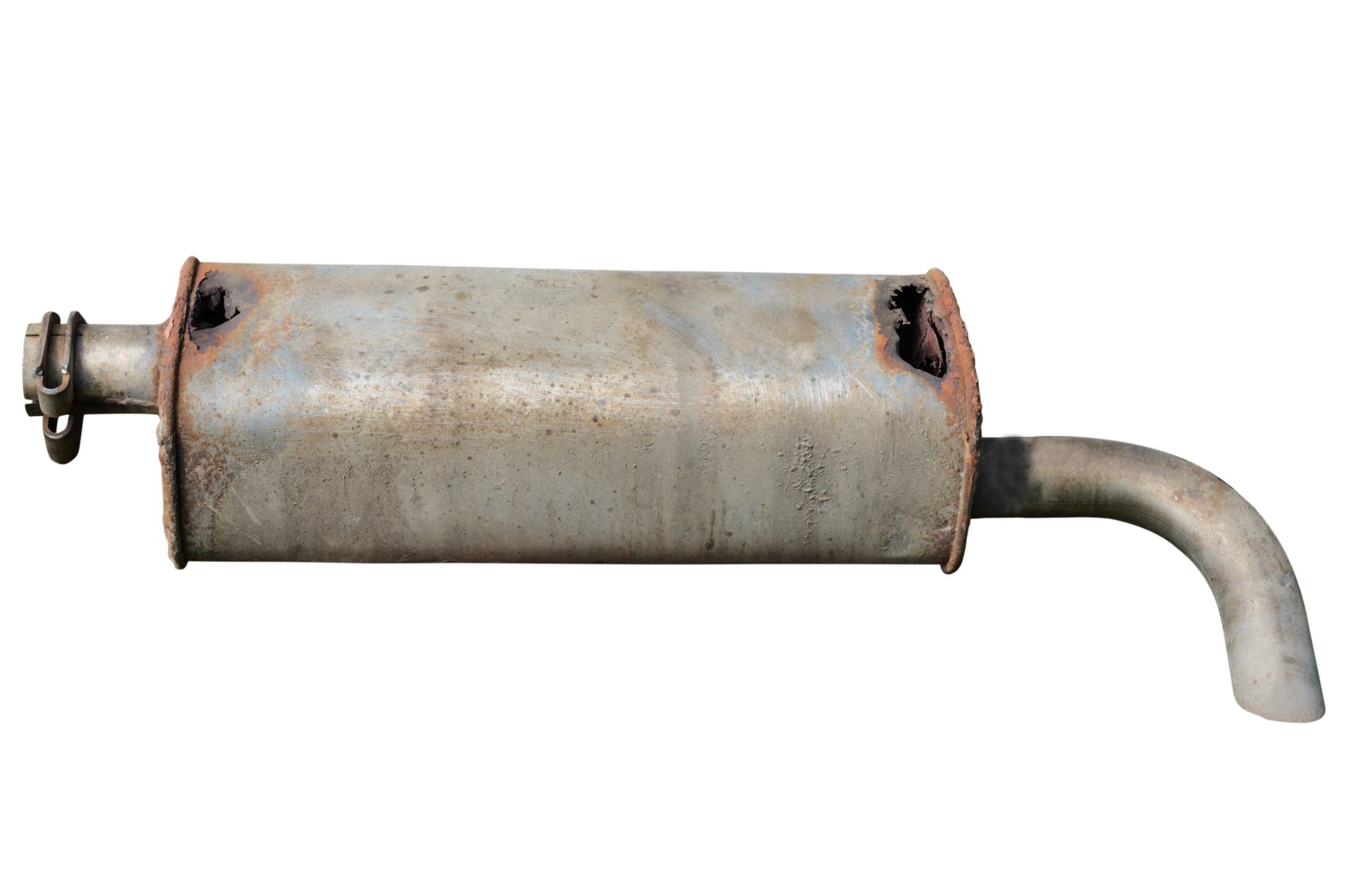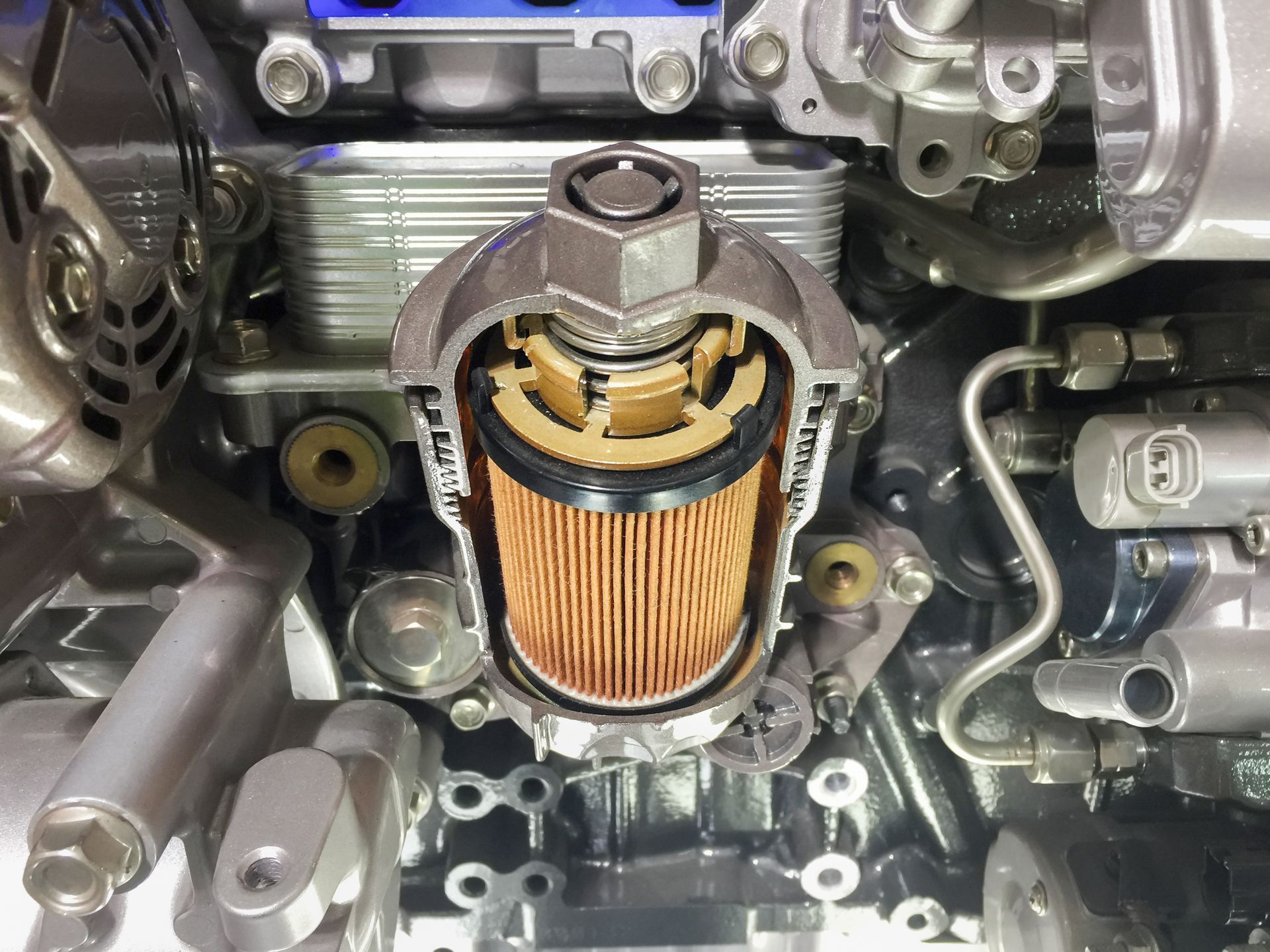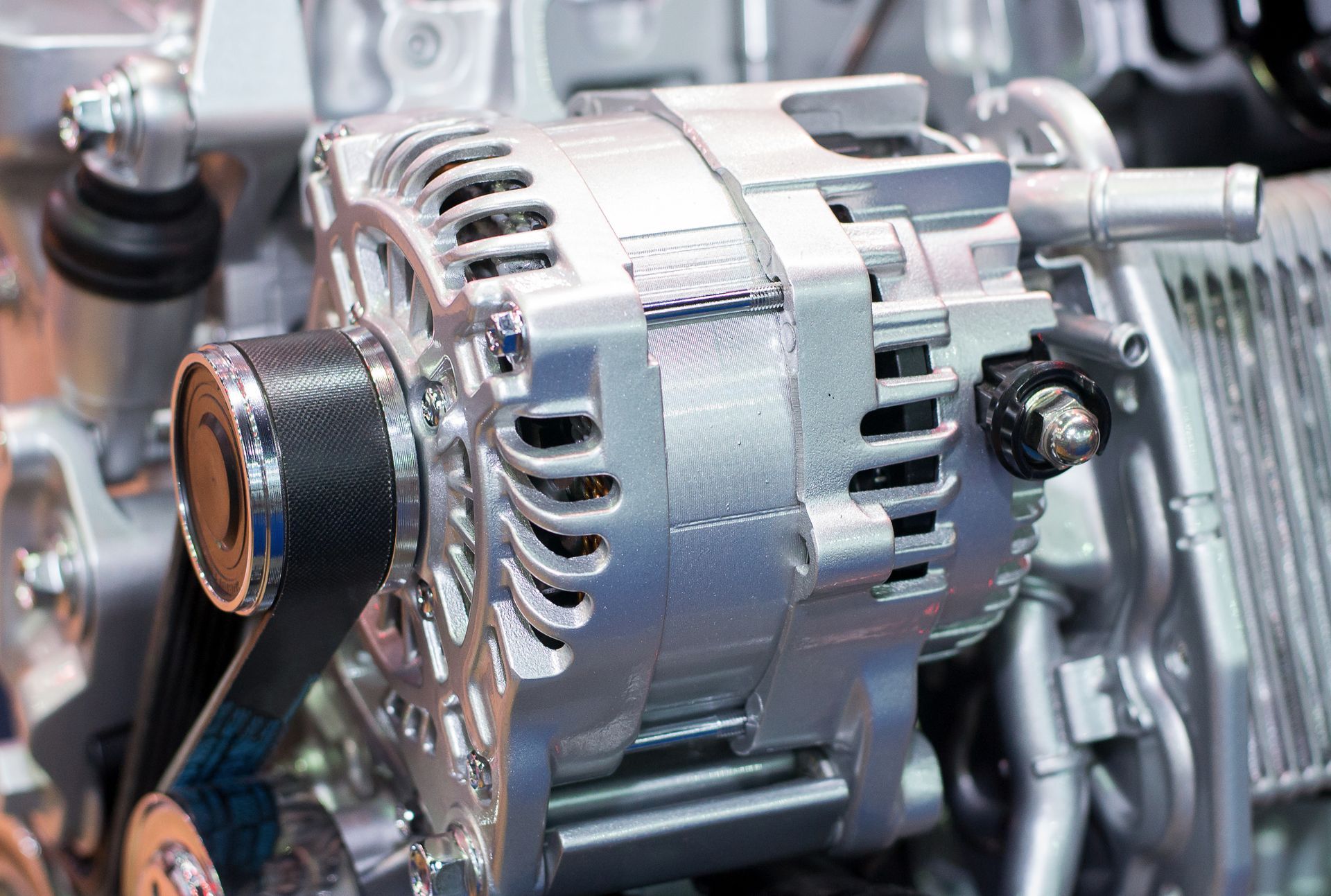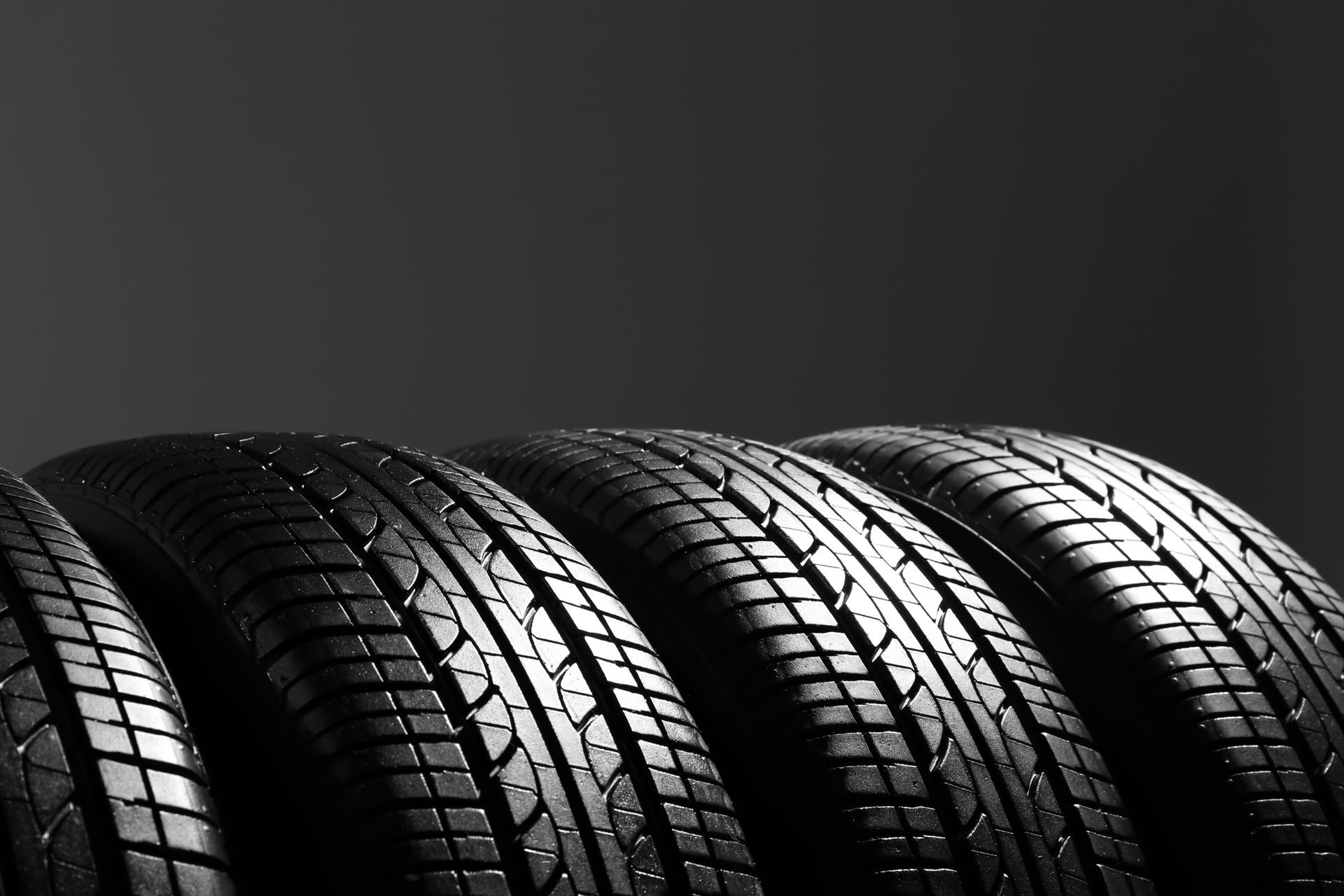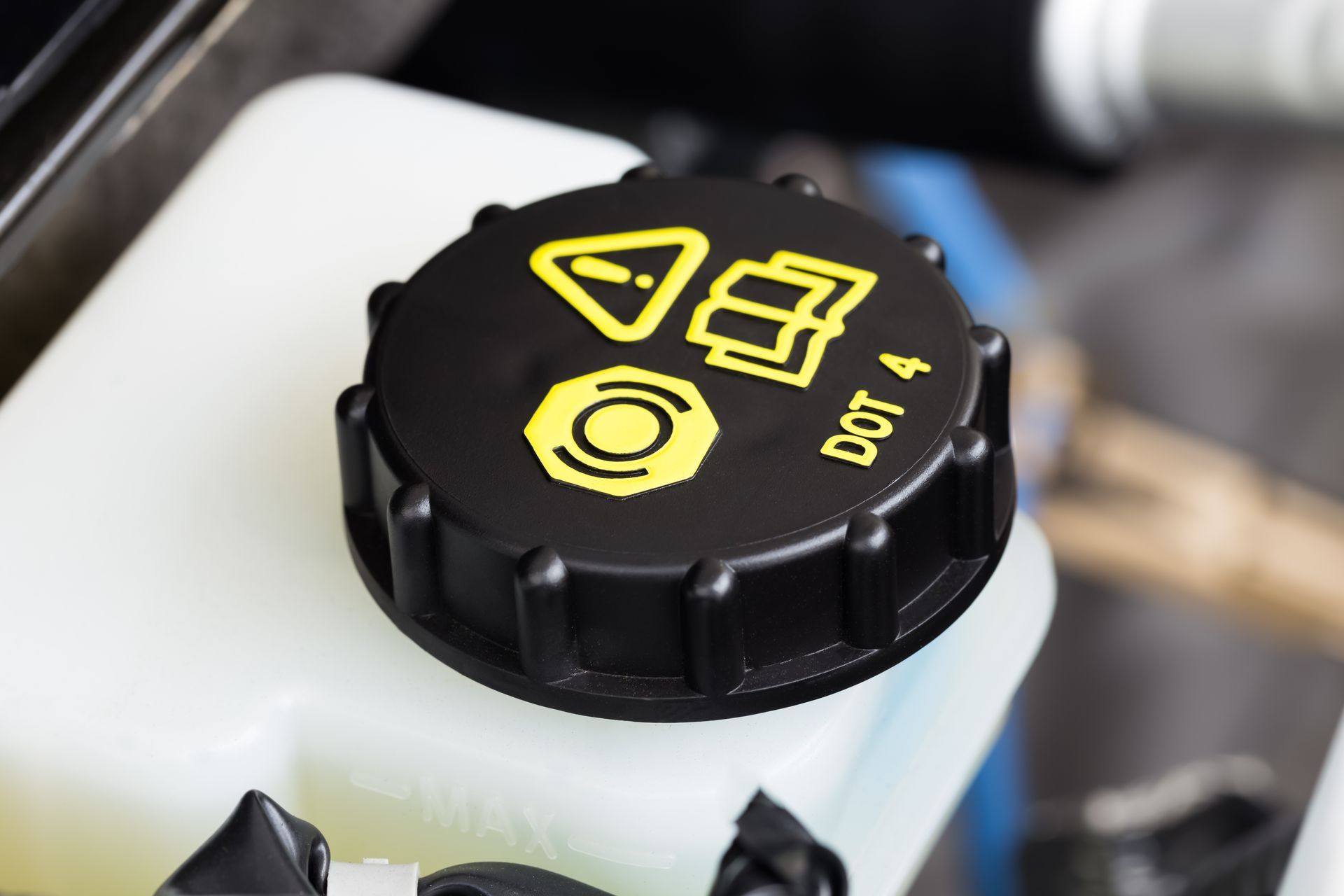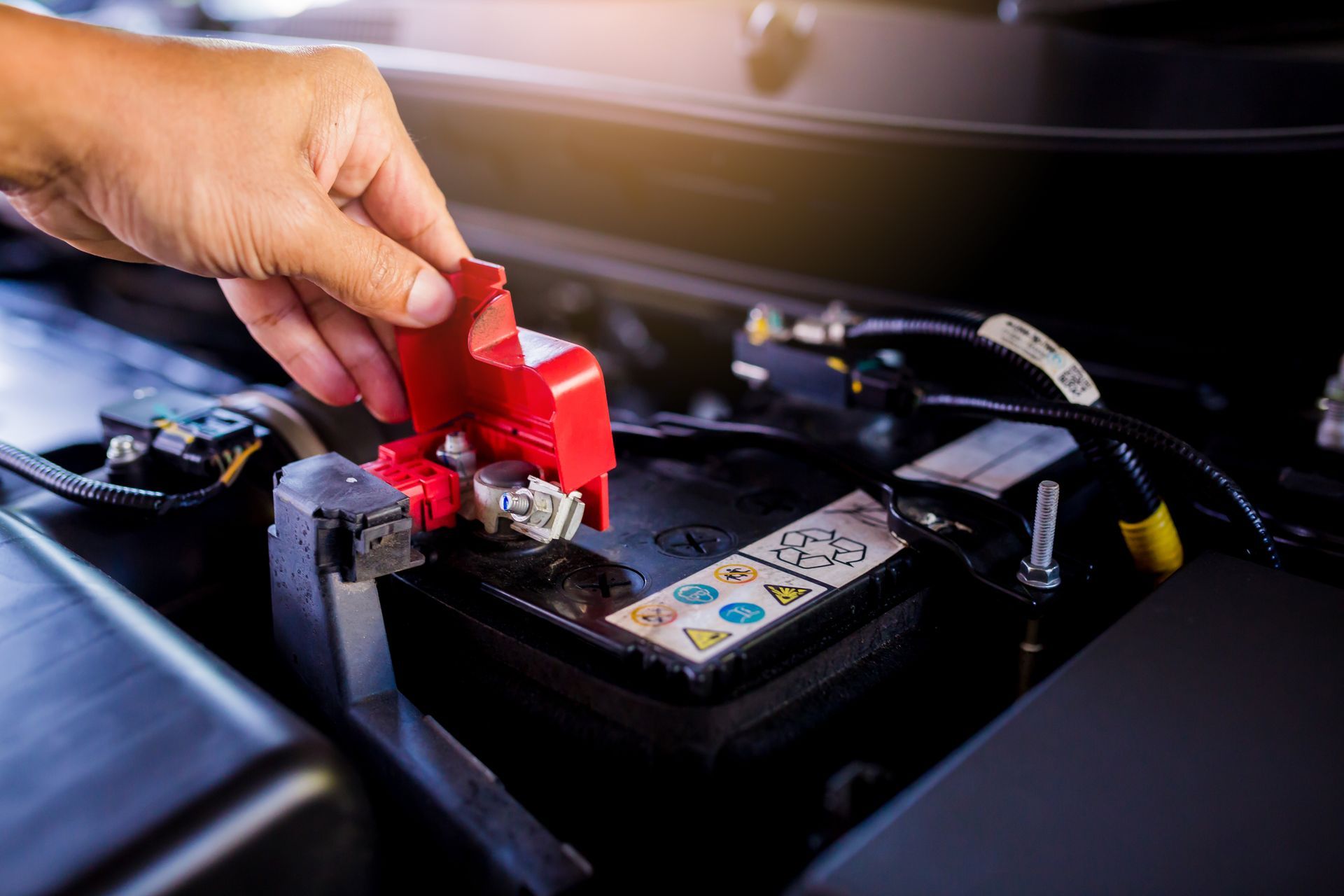Your vehicle's EVAP system (short for Evaporative Emission Control System) is designed to capture fuel vapors from the gas tank and prevent them from escaping into the atmosphere. It’s one of the key components that helps reduce air pollution, and it plays a role in your car’s overall efficiency and emission performance. So, when there's a leak in the EVAP system, it might not cause immediate drivability problems, but it can trigger your check engine light and lead to other issues over time.
Drivers in Destin may not think about their vehicle’s emission system very often. Still, the coastal climate, heat, and humidity can accelerate wear on rubber hoses, seals, and other components in the EVAP system. Understanding how this system works and what happens when it fails can help you stay ahead of potential problems before they become more serious.
How the EVAP System Works
The EVAP system captures and stores fuel vapors from the gas tank in a component called the charcoal canister. When you're driving, and the engine reaches the right conditions, these stored vapors are directed into the intake manifold and burned as part of the combustion process.
To manage this, the system uses a series of valves, solenoids, sensors, and pressure monitors. The onboard computer keeps track of the EVAP system’s performance and will set a diagnostic trouble code if it detects any leaks or malfunctions.
Common Causes of an EVAP Leak
The most common cause of an EVAP leak is a loose or damaged gas cap. It might seem simple, but a worn gas cap seal can allow vapors to escape and will almost always trigger the check engine light. Replacing the gas cap is an easy and inexpensive fix.
Other causes are more complicated. Cracked or brittle vacuum hoses, a failed purge valve, or a leaking charcoal canister can all disrupt the system’s ability to contain fuel vapors. Over time, heat and exposure to the elements can weaken plastic connectors and rubber lines, especially in older vehicles.
Even something as minor as overfilling your gas tank can lead to problems since fuel can saturate the charcoal canister and render it ineffective.
What Are the Symptoms of an EVAP Leak
Most EVAP leaks don’t produce noticeable performance issues, which is why many drivers ignore the check engine light when it’s related to this system. However, that light can prevent your car from passing a state emissions test or vehicle inspection.
In some cases, you might notice a faint fuel smell around the vehicle, especially near the rear of the gas tank. This is often a sign that vapors are escaping somewhere they shouldn’t.
If the leak is significant, you may start to notice other effects, such as poor fuel economy or a rough idle, particularly if the purge valve is stuck open and allowing unmetered air into the engine.
Diagnosing an EVAP Leak Requires Proper Tools
Unlike more obvious mechanical failures, EVAP leaks can be incredibly subtle. Many shops use a smoke test, which involves introducing a harmless vapor into the system to visually trace where it might be escaping. Even pinhole-sized leaks can set a trouble code but are nearly impossible to find without this kind of equipment.
We will also check the purge and vent solenoids, inspect vacuum lines for damage, and use a scan tool to verify system pressure readings and component response. The process is thorough but necessary to ensure all emissions systems are working as intended.
Why It’s Important Not to Ignore It
Even if your car seems to run just fine, an unresolved EVAP leak affects more than your emissions. It could lead to your vehicle failing a routine inspection, and some manufacturers may not cover emissions-related components under warranty if regular maintenance is neglected.
Plus, leaks that allow fuel vapor to escape can contribute to environmental harm and increase your exposure to gasoline fumes. In rare cases, significant vapor leaks in enclosed spaces can pose a fire hazard.
Get Expert Help From Destin Auto Center in Destin, FL
If your check engine light is on and a code scan reveals an EVAP leak, don’t guess or ignore it. The problem might be small now but left unchecked; it can lead to more serious repairs. Our experienced technicians will pinpoint the issue and ensure your vehicle’s emissions system is sealed and functioning correctly.
Call
Destin Auto Center in Destin, FL, today to schedule a diagnostic inspection. We’ll track down that EVAP leak and get you safely back on the road with peace of mind.

